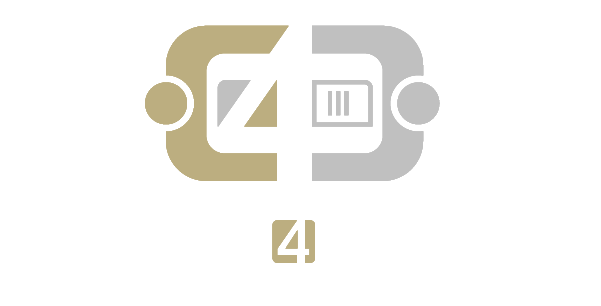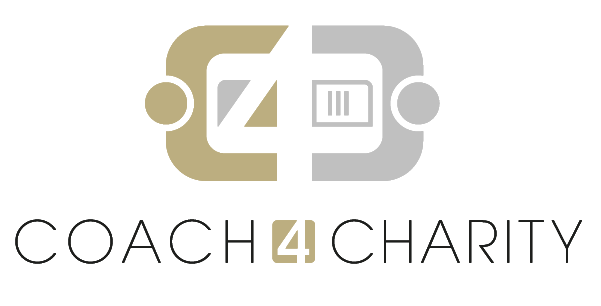
Interview to Almudena Haro, Certified Supply Chain Specialist Iberia Cluster Lead at DHL
What is your definition of coach?
The coach is a person who interact with another one empowering her or him to access to their natural resources and their creativity. It’s a process made with that person to let him discover and gain self-awareness. Many clients come looking for advices about a particular situation and they want to know your point of view as a professional. My approach with them start asking the individual ‘what are your values’ , ‘what is your essence’ and ‘what is important for you in life’. It’s from there that they realize what really want to do or what they really don’t want to do. We can say that coaching is a 2 parts process: first really discovering the client, what is supposed to be his role in this world, and from there creating actions from what we discovered as really important for them and not from what they, apparently, want to do.
How do you organize a coaching program?
When I develop a coaching program for private clients I plan a number of 6, 8 or whatever coaching sessions he or she needs. In these one-by-one coaching sessions we go deeply in the connections and in the relationships to develop their capability towards their aims.
When I coach some other group started from 2, a couple, or an entire team, I don’t coach each person individually, I coach their relationships, and it’s a total different system or methodology. Equally as the individual coaching I don’t advice or instruct, I only operate on their behaves in relationships. I use some dynamics to bring to light what is already there, and so I can change them.
You work in DHL, a very big company, on a ‘transformation and motivation program’ called CSCS (Certified Supply Chain Specialist). What is the aim?
It’s a worldwide DHL program. The main objective of this program is to create awareness within all our employees about the importance of their contribution in their role and their job in the company. The same program if for everyone in company, at any level. The concept is that you have an important role for millions and millions people in the world delivering the boxes they are waiting with their desires inside. It happened that employees had lost the spirit of their job, so this program empower them. This is the basic model we started and that we evolved now in the leadership program involving managers. We have another model for warehousing and another one for transportation.
The Coaching model I follow is The Co-Active model. It moves between self-awareness and courageous action to create an environment where individuals can deeply fulfilled, connected to others and successful in what matters most. Based on this model I consider the coachee as naturally creative, resourceful and whole, and completely capable of finding their own answers to whatever challenge they face. The job of a Co-Active Coach® is to ask powerful questions, listen and empower to elicit the skills and creativity a client already possesses, rather then instruct or advise.
Which tool do you use to measure the results of the program?
We have an employee engagement survey and, after a year, a certificate regarding the person that is called ‘Supply Chain Specialist’ and that certificate the participation and the results of the program. All our employees are certifed as the best specialist in the supply chain industry in the market, which is something really innovative. We can say that, after the program, the satisfaction level of working in DHL increased by 30 to 40%.
So employees are happier. But does this affect the job results?
Yes, the result is not only about the satisfaction, because when the person is emotional engaged with company the productivity increases.
Coaching people is becoming normal in the big companies and this attitude is arriving to small companies too. Do you think that the concept to be coached will arrive extensively to people in their private lives?
When I coach I focus on the person most of the time, of course there are objectives connected to the role, but the attention to the person comes first. I try to drive the individual to delivery those objectives to all his o her real life and I can say that most of what I ‘facilitate’ to them they bring home. Almost always they are inspired to share these new attitudes with their partners and with their children. We can say that they live this in their private life as well.
We live in a society where everybody has a very big ego, and usually big ego doesn’t like transformation. How can this happen in your coaching activity?
This is true, but it is also true that we live, not only in the business, with a performance attitude. In our performance-rewarding environment, it’s easy to lose sight of the value of real connection, self-awareness, listening-deeply – which are the qualities that inspire what we do and give our lives fulfilling meaning.
Nowadays people feel that it’s not everything connected with money and performance, and when they come for an interview they want to know the company value and what is their real contribution. Today everyone wants to be committed in what he does, and coaching has a lot to do with that.
What you describe sounds very close to the psychology approach.
Yes it is, with the big difference that psychology is usually related to the idea that you have a pathology, that there is something to fix, but we don’t have patients, we have clients, there’s nothing to fix, we don’t give advices, we just open an access for them towards where they already want to go.
How do you do this?
My method is based on using the body, working with metaphors, with ideas, with colors, with paintings… all things that move the mind to exploration.







